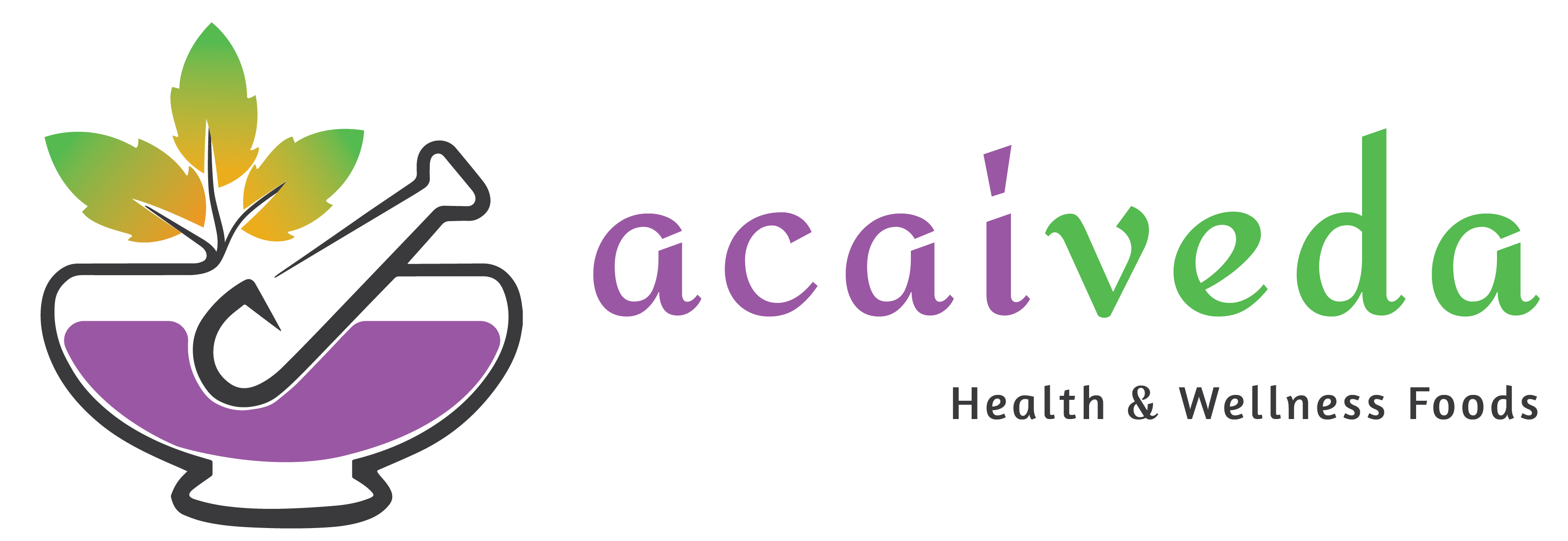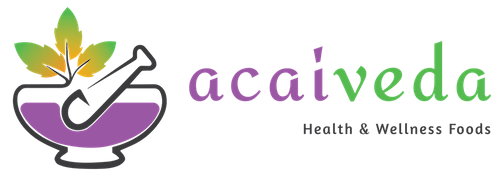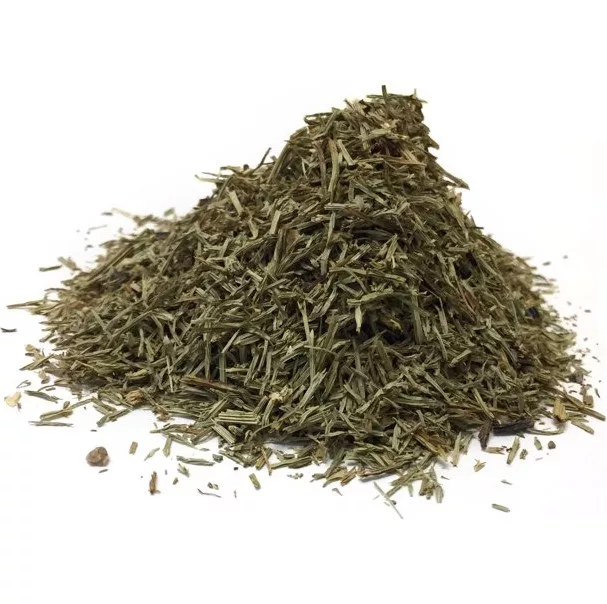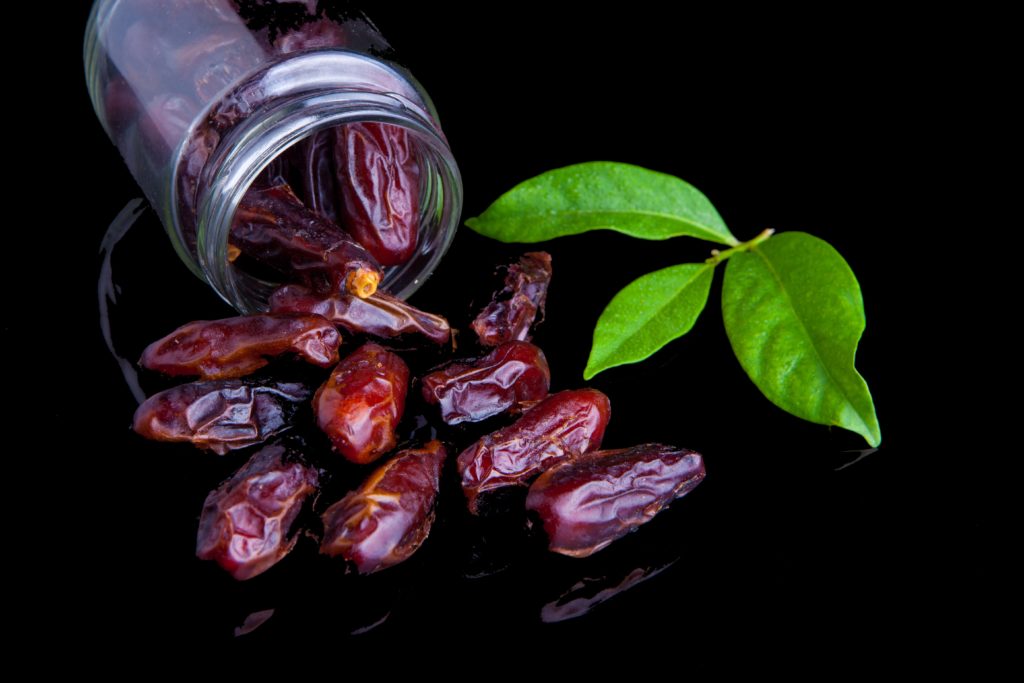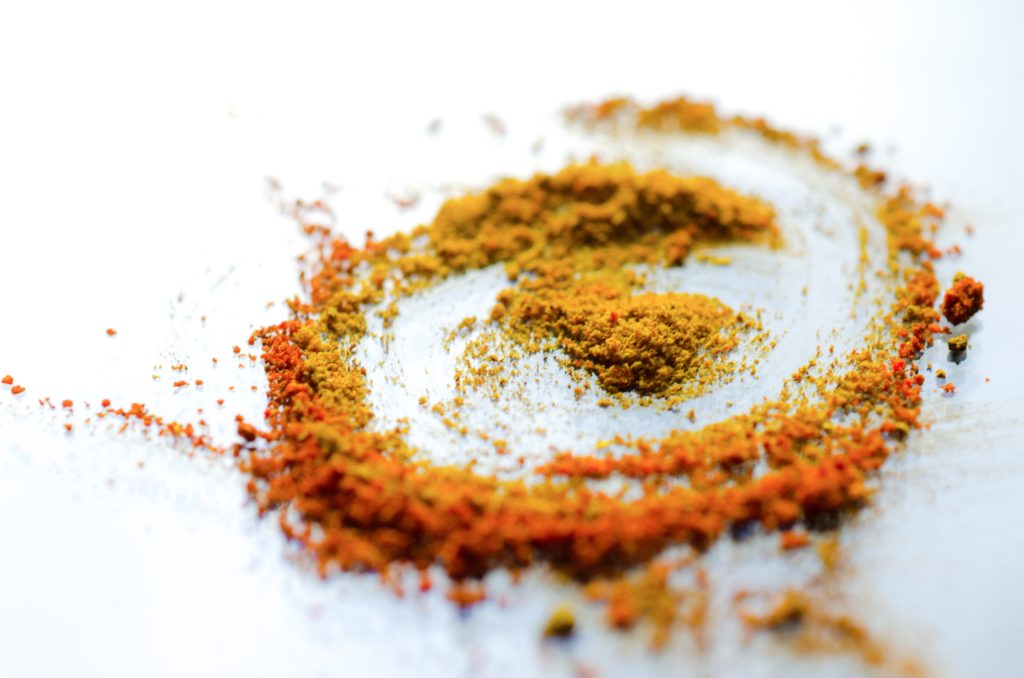
TURMERIC: ANCIENT SUPERFOOD FROM AYURVEDA
WHAT IS THE HISTORY OF TURMERIC?
Turmeric has a long history of use in traditional medicine, particularly in Ayurvedic and Chinese medicine. The root of the turmeric plant has been used for medicinal purposes for thousands of years. The earliest written reference to turmeric can be found in ancient Indian texts dating back to around 3000 BCE. In these texts, turmeric is described as having medicinal properties and is used to treat a variety of ailments.
Turmeric also has a long history of use in Chinese medicine, dating back to at least 600 CE. In Chinese medicine, turmeric is used to treat a variety of conditions, including digestive issues, respiratory problems, and skin conditions.
In addition to its medicinal uses, turmeric has also been used as a spice and food coloring for centuries. The spice is commonly used in Indian, Southeast Asian, and Middle Eastern cuisine.
Turmeric also has a symbolic significance in Hinduism, it is used for religious ceremonies and rituals, it is also known as “Indian saffron” because of its deep yellow color and is used to dye clothes and fabrics.
WHAT NUTRIENTS ARE IN TURMERIC?
Turmeric is a spice that is rich in several important nutrients, including:
- Curcuminoids (primarily curcumin): Antioxidant compounds that give turmeric its yellow color and have been shown to have anti-inflammatory, anticancer, and other beneficial effects.
- Vitamin B6: Helps the body produce neurotransmitters and red blood cells.
- Fiber: Helps regulate digestion and support healthy gut bacteria.
- Manganese: A mineral that is important for bone health and the metabolism of carbohydrates and amino acids.
- Iron: A mineral that is necessary for the production of hemoglobin in red blood cells.
- Potassium: A mineral that helps regulate blood pressure and supports proper heart function.
WHAT IS THE DAILY VALUE OF NUTRITION IN TURMERIC?
A 100-gram serving of turmeric contains:
- 7% of the daily value (DV) of Fiber
- 10% of the DV of Manganese
- 5% of the DV of Iron
- 5% of the DV of Vitamin B6
Turmeric also contains small amounts of other essential vitamins and minerals, such as potassium and vitamins C and K.
WHAT ARE THE BENEFITS OF TURMERIC?
Some of the most well-established benefits of turmeric include:
- Anti-inflammatory: Curcumin, the active ingredient in turmeric, has potent anti-inflammatory effects that may help to reduce inflammation and pain in conditions such as osteoarthritis, rheumatoid arthritis, and inflammatory bowel disease.
- Antioxidant: Curcumin has antioxidant properties, which help to protect cells from damage by harmful molecules known as free radicals.
- Anticancer: Some early studies suggest that curcumin may have potential as a cancer-fighting agent, although more research is needed in this area.
- Brain health: Curcumin has been found to improve brain function and reduce the risk of neurodegenerative diseases such as Alzheimer’s and Parkinson’s.
- Cardiovascular health: Turmeric has been found to help improve heart health by reducing inflammation, cholesterol levels, and oxidative stress.
HOW DO I CONSUME TURMERIC?
There are several ways to consume turmeric, including:
- As a spice: Turmeric is a common spice used in cooking, particularly in Indian, Southeast Asian, and Middle Eastern cuisine. It can be added to curries, soups, stews, and marinades to add flavor and color.
- As a supplement: Turmeric supplements are available in various forms such as capsules, tablets, and powders. These supplements can be taken daily as a way to consume turmeric in higher doses than can be obtained from food alone.
- As a tea: Turmeric can be made into a tea by boiling water and adding grated or powdered turmeric. Lemon and honey can be added for flavor.
- As an oil or paste: Turmeric oil or paste can be applied topically to the skin for conditions such as eczema or psoriasis.
- As a spice in Golden Milk, it’s a traditional Ayurvedic drink that is made from a mixture of turmeric, milk, and other spices such as cinnamon, ginger and black pepper.
HOW MUCH TURMERIC CAN I CONSUME DAILY?
The amount of turmeric you can consume depends on several factors, including your age, health status, and overall diet.
As a general guideline, the recommended daily dose of turmeric is between 400 and 600 mg of curcumin, the active ingredient in turmeric. However, it is always a good idea to talk to a healthcare provider before starting any new supplement regimen, as turmeric may interact with certain medications and may not be appropriate for everyone.
Note: We are a small business so we used a cheat code (ChatGPT, phew, technology has come far!) to help me write this blog post. I double-checked the information contained within this post to ensure accuracy.
